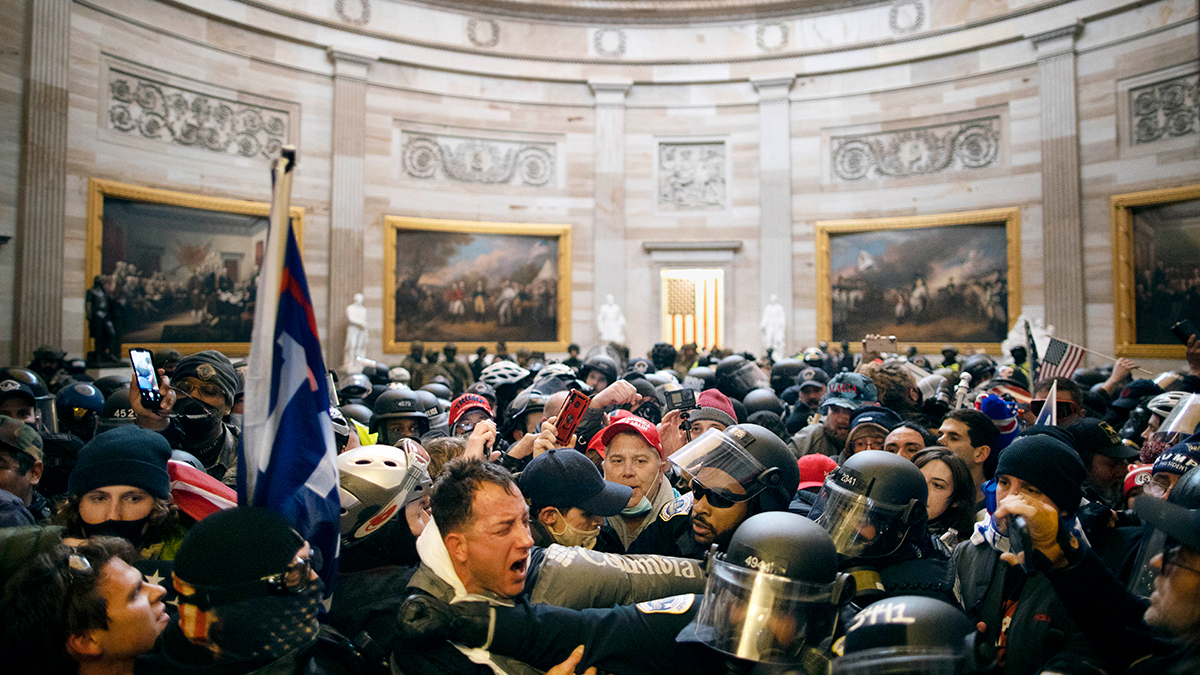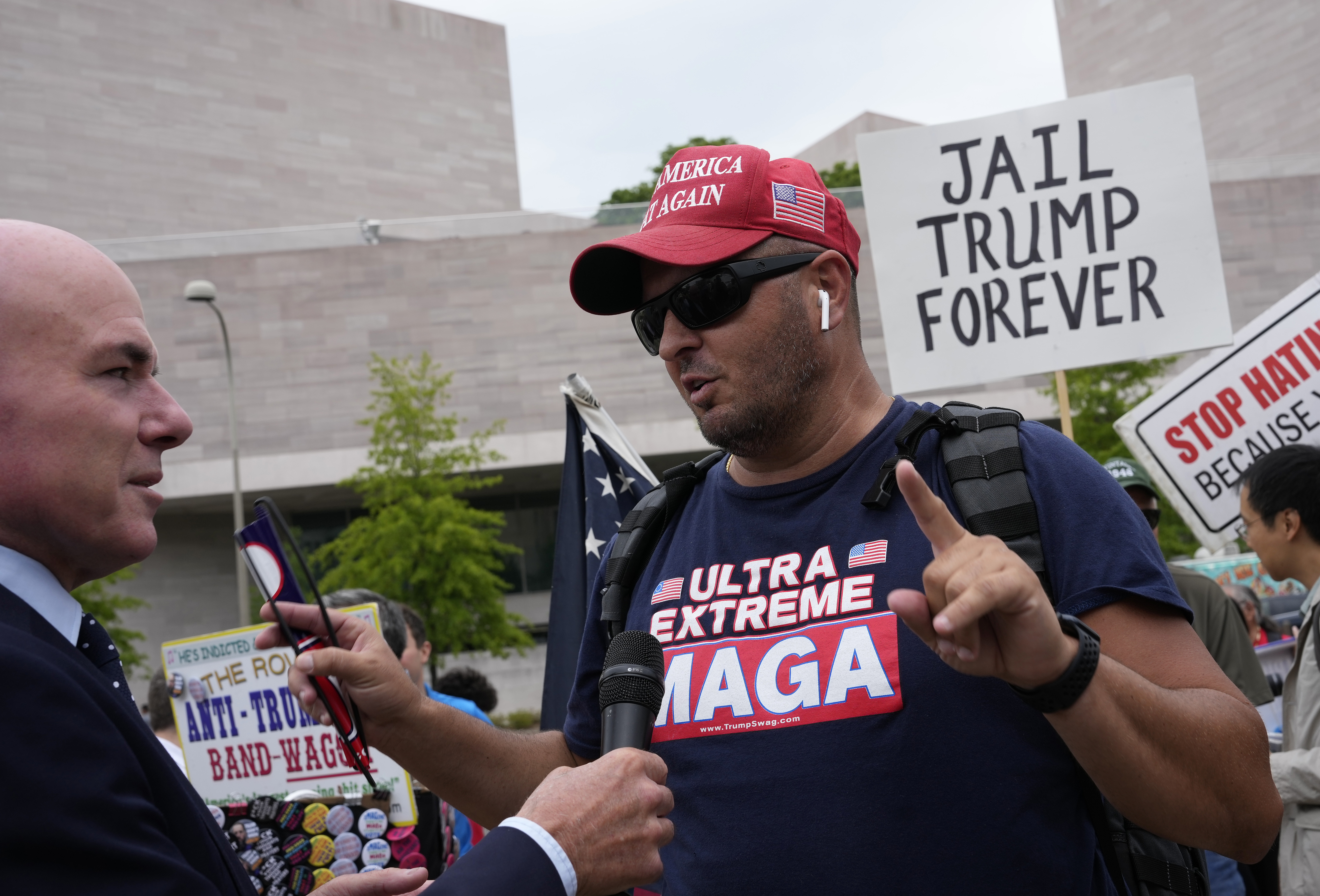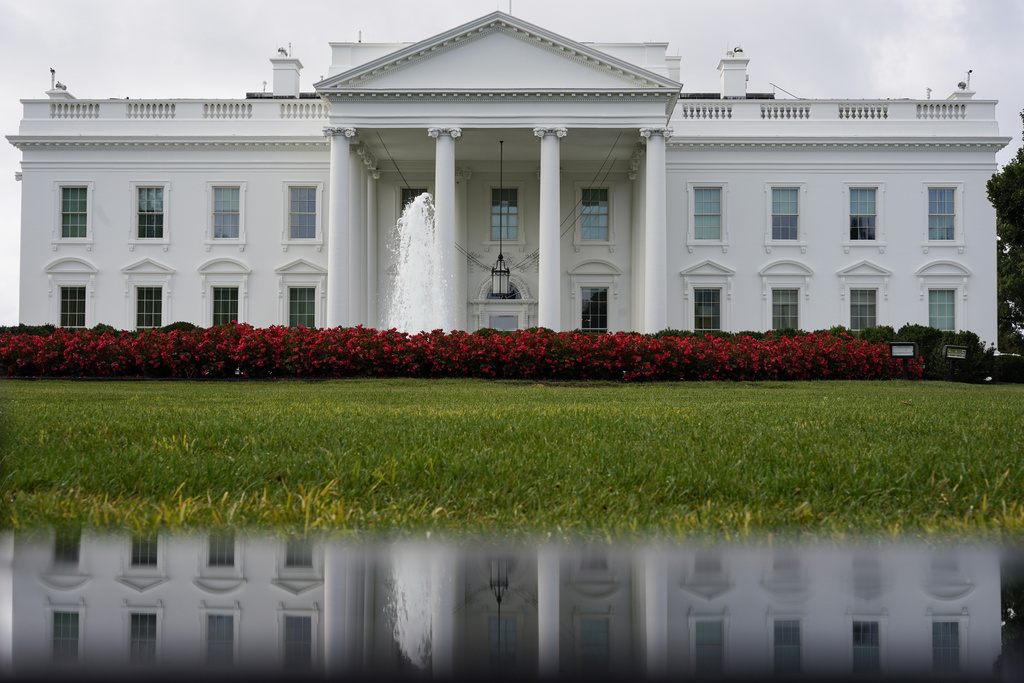As small states that are mostly white and wealthier than the country as a whole, Iowa and New Hampshire have had outsized roles in picking the presidential candidates every four years.
But the tradition of the two states dominating early-season presidential conversations dates back only a few decades.
WATCH ANYTIME FOR FREE
Stream NBC10 Boston news for free, 24/7, wherever you are. |
Iowa’s first-in-the-country presidential nominating contest grew out of the strife of the 1968 Democratic convention, when political leaders became convinced they had to diminish the power of party bosses.
Democrats in Iowa needed to start early to fit the complicated caucus procedure into a new schedule that would allow more people to participate, former Des Moines Register opinion editor Kathie Obradovich said in a 2019 video about the history of the caucuses.
Get updates on what's happening in Boston to your inbox. Sign up for our News Headlines newsletter.
“The old story is that they figured out how long it would take to print all the paperwork on their elderly mimeograph machine,” she said in the video.
And with that, in 1972, Iowa vaulted to the top spot, ahead of New Hampshire, which was already holding the first-in-the-country primary.
Iowa gained national prominence that year thanks to a strong performance from Democratic Sen. George McGovern of South Dakota, which gave him an advantage going into New Hampshire, Obradovich said. Four years later, a farmer from Georgia, Democrat Jimmy Carter, repeated his achievement.
US & World
New Hampshire’s history of holding the first primary began in 1920, though for decades its place on the calendar wasn’t particularly important. Its primary originally was a contest among local residents who wanted to become convention delegates.
But in 1948, a New Hampshire politician decided to make the primary more significant and the state began allowing citizens to vote directly for presidential candidates.
“The new law had an immediate national impact,” Elaine Kamarck wrote for The Brookings Institution.
Four years later, an unpopular president struggling to end the Korean War, Harry Truman, lost the state’s Democratic primary and decided not to seek re-election.
A popular general, Dwight D. Eisenhower, won the Republican one and the state was on its way to its influential role in national politics, wrote Kamarck, the author of “Primary Politics: Everything You Need to Know About How America Nominates Its Presidential Candidates” and a founding director of the Center for Effective Public Management at Brookings.
Two states that, demographically, more resemble 19th-century America than they do the America of today
Boston Globe
Iowa and New Hampshire wrote their leading status into law and both states have fought hard to keep it.
But why they should have such clout has long been questioned. Take their populations: 3.2 million for Iowa in 2021, 1.4 million for New Hampshire. Together they represent just 1% of the United States.
They are less racially diverse, with a minority populations of only 15% for Iowa and 10% for New Hampshire in 2019 compared to 40% for the U.S, according to data from Esri, a location intelligence company. The poverty rate is lower in both places, 12% in Iowa and 8% in New Hampshire compared to 14% for the country. And they have a slightly lower rate of religious participation, 20% for Iowa and 19% for New Hampshire compared to 21% for the U.S.
Over the years, there has been jockeying as other states tried to grab the spotlight. Even the Boston Globe has called for a change, though New Hampshire's primary has enabled its editorial board "to play kingmaker alongside New Hampshire voters," the editorial board wrote in 2020.
"More important than wielding our influence on a single small state’s primary, we believe, is to call for the end of an antiquated system that gives outsized influence in choosing presidents to two states that, demographically, more resemble 19th-century America than they do the America of today," it wrote.
This year for the first time, the Democratic Party has shifted its first primary to South Carolina, a switch intended to give minority voters a larger voice. The Republican schedule remains the same.
In Iowa, Democrats have overhauled their process to adhere to the national change and will their choose nominee through mail-in presidential preference cards. They are due March 5, when the results will be announced.
Republicans will caucus as usual on Monday, Jan. 15.
But in New Hampshire, the change is not going smoothly. New Hampshire's Secretary of State ignored the Democrats' new schedule and set the primary date for Jan. 23, prompting the Democratic National Committee to declare the primary invalid.
President Joe Biden, to comply with his party's rules, has kept his name off the New Hampshire ballot.




